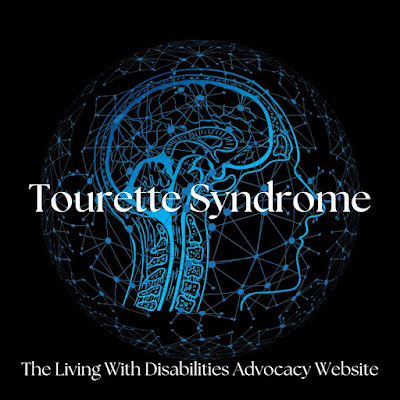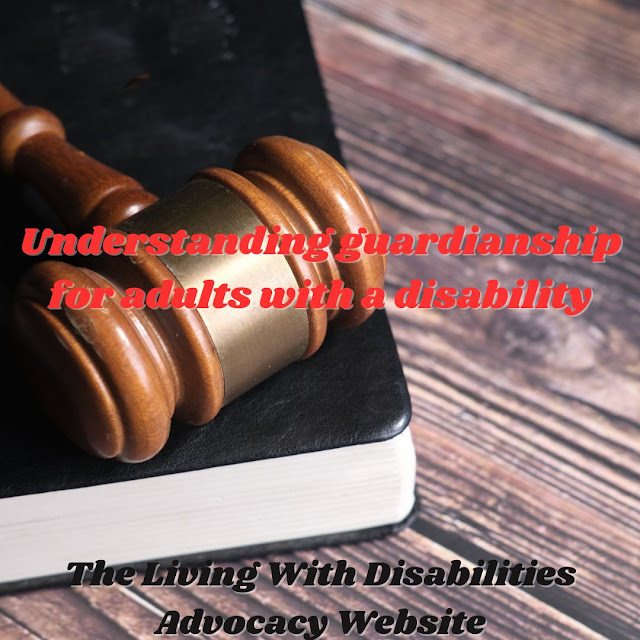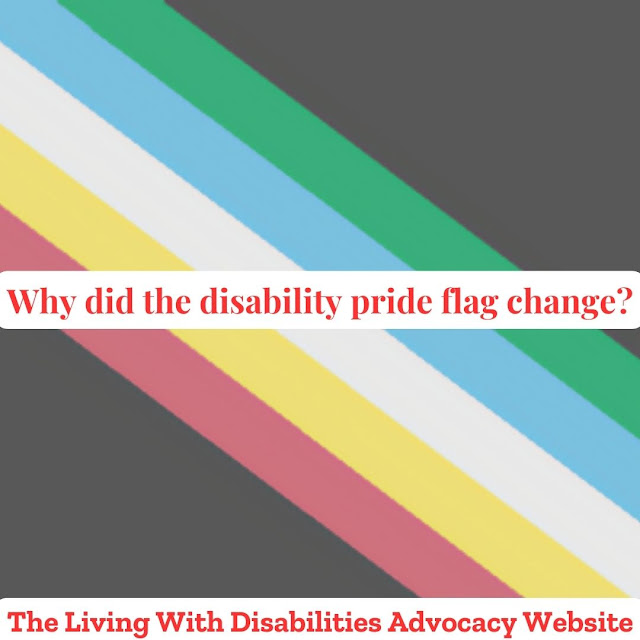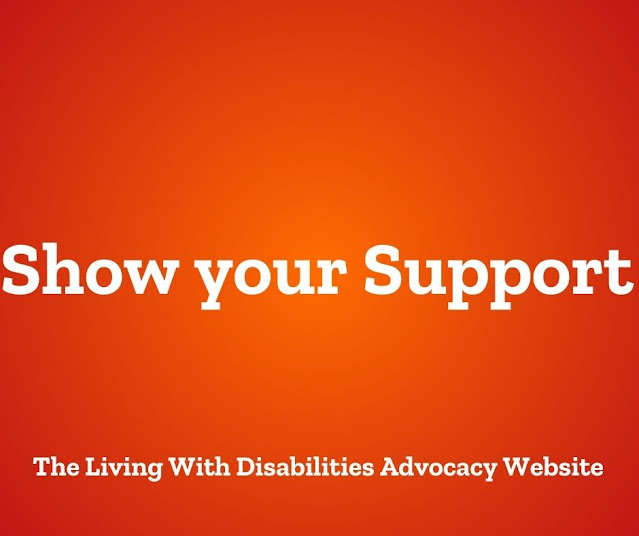Tourette Syndrome
Welcome to the Living With Disabilities Advocacy website. First and foremost. Self-published author Katrina Smith, a person of many accomplishments, has written six volumes in total: two cookbooks and four collections of poetry. Her favorite activities include reading and writing. Katrina would be described by one word: determined. Despite any challenges she may encounter, she does not let unkind comments decide her fate.
If you're a new visitor to this advocacy website, this page aims to increase public understanding of those with disabilities and other conditions.
We suggest you seek a licensed professional counselor or healthcare provider for anything you read on this site.
This week, Living With Disabilities will touch base on What is Tourette Syndrome.
What is Tourette's? It's a condition of the nervous system, which causes tics. Tics are unexpected twitches, movement, or sounds that a person will repeat. Some people who have tics cannot stop their bodies from doing an involuntary movements. For instance, a person might use swear words. Or, a person might make grunting sounds involuntary. Then some know how to suppress their tics.
Twitching is like having hiccups. Even if you do not wish to have hiccups, your body does it anyway.
Types of Tics
Motor and Vocal-These are two types of tics.
Motor
Involuntary movements of the body. Including blinking, shrugging the shoulder, or jerking the arm, or pointing fingers.
Vocal
Sounds that a person makes with their voice. Vocal tics include humming, grunting, clearing the throat, or yelling out a word or phrase.
Tics can be either simple or complex.
Simple
Simple tics involve a few parts of the body. Like, squinting the eyes or sniffing.
Complex
Complex tics frequently affect multiple separate body areas and may follow a pattern. A sophisticated tic could involve bobbing the head while jerking one arm, followed by a leap.
Symptoms
The primary signs of Tourettes are tics. Tics can range from basic, temporary ones that go away after a few weeks or months to numerous sophisticated ones that persist for a long time. Symptoms often appear between the ages of 5 and 10 in children. The head and neck region's motor tics are frequently the initial signs.
Over time, tics can fluctuate significantly in terms of their forms and frequency. Despite the fact that the symptoms may emerge, go away, and come back, many illnesses are regarded as chronic.
Tics often lessen during puberty and the first few years of adulthood, and occasionally they even go away completely. But many tics sufferers continue to twitch throughout adulthood, and in certain circumstances, tics can get worse as people age.
Although the media sometimes depicts persons with Tourette Syndrome as incessantly repeating other people's words or yelling profanities (known as coprolalia and echolalia, respectively), these symptoms are uncommon and are not necessary for a Tourette diagnosis.
Diagnosing Tourettes
There is no single test, like blood work to test Tourette. Tic disorders differ from person to person, in terms of different types of tics (motor or vocal, combination of both) And how long the symptoms last. Tourettes can be diagnosed in a person if they have both motor and vocal tics and have had tics for at least a year.
Tourette Treatment
To control the tics, there are therapies available. Additionally, many persons with Tourette's experience tics that do not interfere with their regular activities and do not require therapy. However, there are various medical and behavioral therapies if tics result in discomfort or harm, disruption of learning, employment, social life, or stress.
Additional Concerns and Conditions
Tourettes often occur with other conditions. A minimum of one other mental, behavioral, or developmental illness, such as attention-deficit/hyperactivity disorder (ADHD), anxiety, or obsessive-compulsive disorder (OCD), has often been identified in children with Tourette Syndrome. It's important to find out if a person with Tourette's has any other conditions and treat those conditions properly.
🆕Living With Disabilities Presents: The Advocacy Table
a space created for people with disabilities to be able to have freedom of speech and talk on different topics surrounding the disability community. To get more details, check out The Advocacy Table. To become a panelist, Write into the show and let the host know what topic you want to talk about. She will then send out a group email to all panelists after the show has reached five or ten people. After the show, a survey will be emailed to you, and we would love to get your feedback.
If you need online support, Disability Safe Haven is great for receiving support. The We Care Team is very protective of its members and asks everyone who joins, to have a profile picture and answer the security questions.
Podcast link
https://podcasters.spotify.com/pod/show/livingwithdisabilites/episodes/Tourette-Syndrome-e259dh4




Comments
Post a Comment